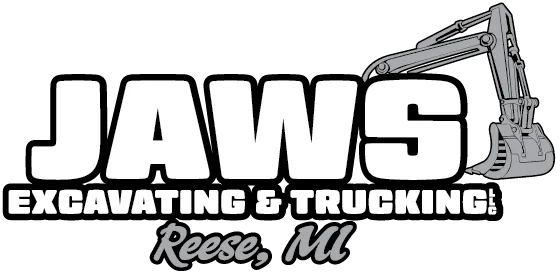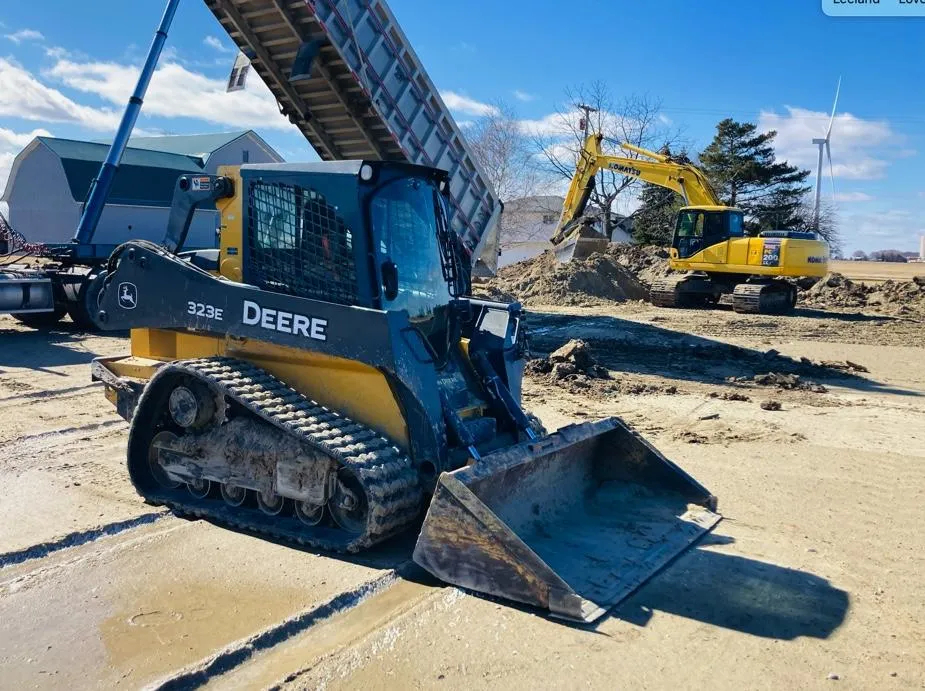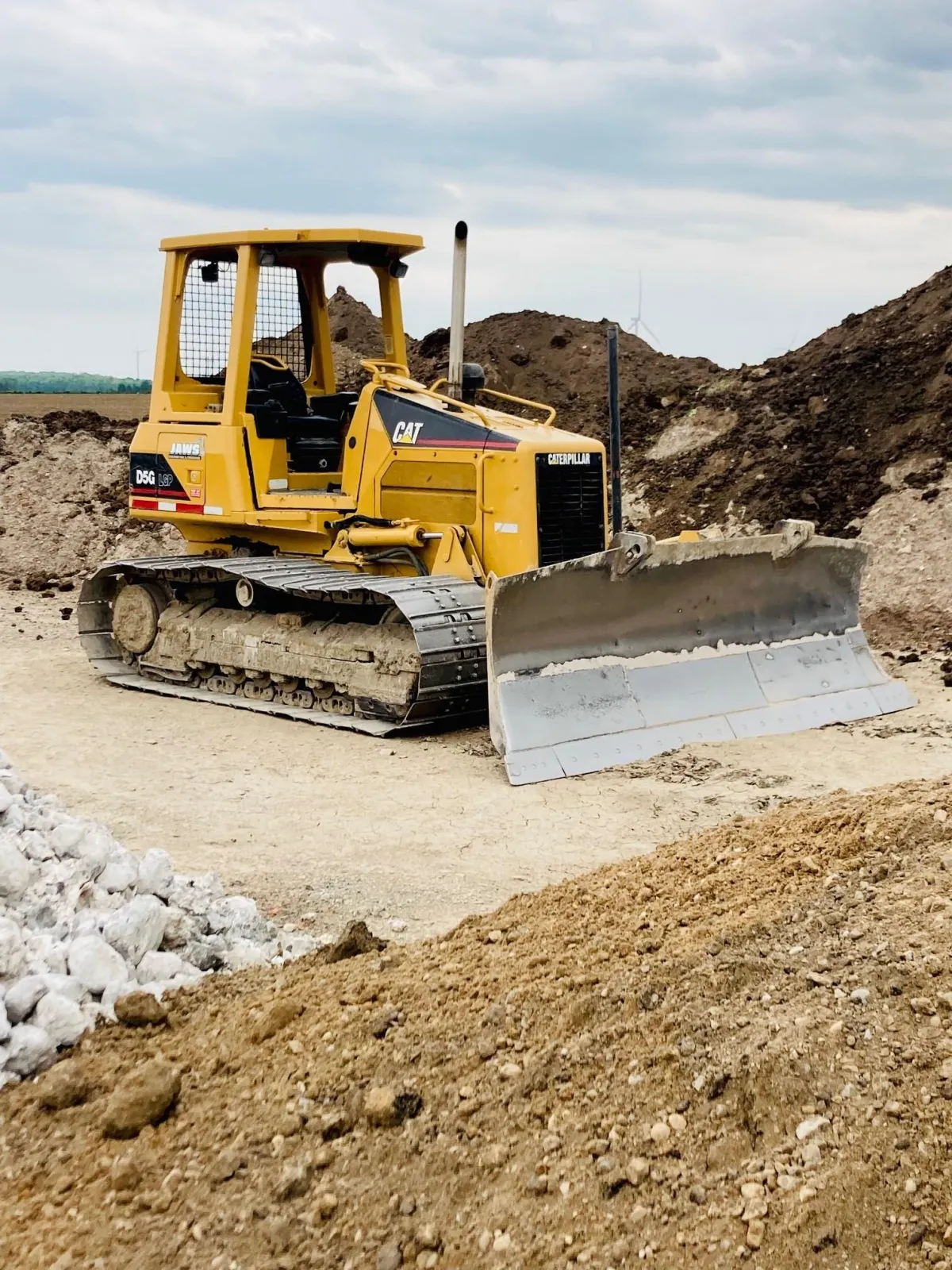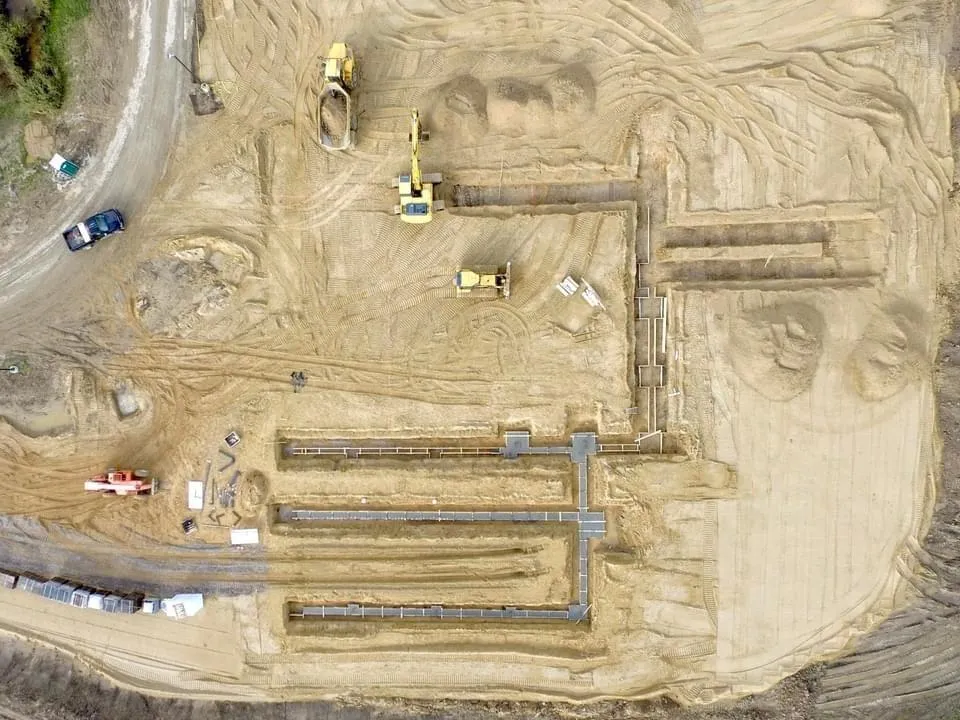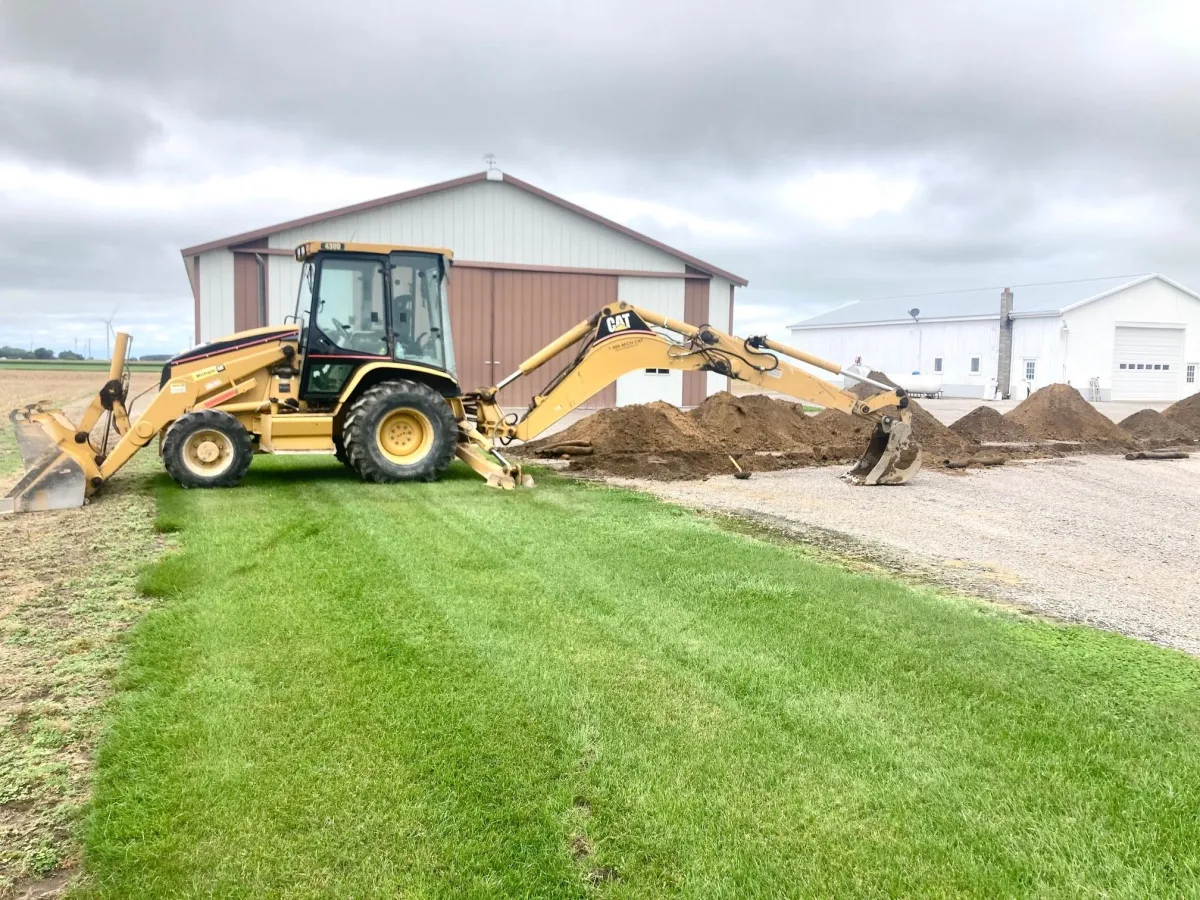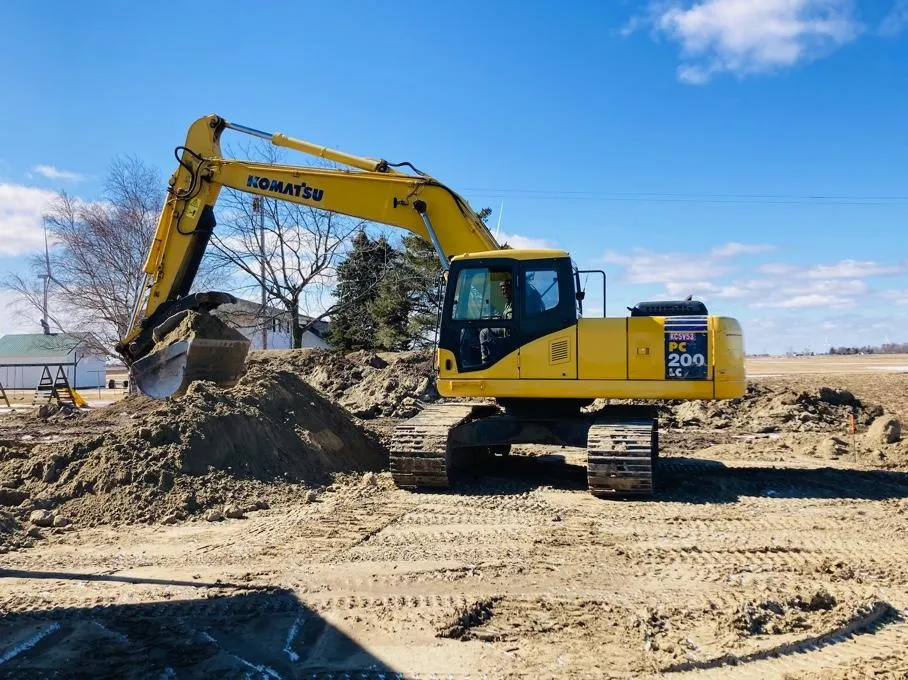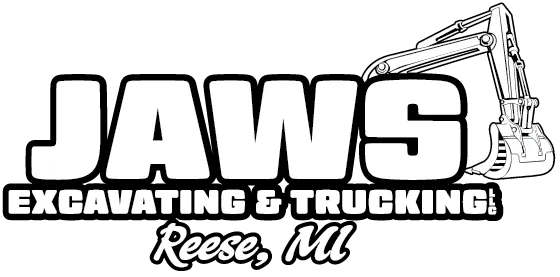Safety | Quality | Guaranteed
Learning Center

Ensuring Excavation Company Safety Records and Compliance
Ensuring Excavation Company Safety Records and Compliance
Excavation work is essential in various industries, including construction, mining, and infrastructure development. However, it also comes with significant risks and hazards. To ensure the safety of excavation workers and protect the company from legal liabilities, maintaining proper safety records and compliance is crucial.
Understanding the Importance of Safety Records in Excavation
When it comes to excavation safety, having comprehensive and up-to-date safety records is paramount. These records serve as the foundation for effective risk management strategies. By documenting incidents, near-misses, and safety procedures, excavation companies can identify potential hazards and implement preventive measures.
Moreover, safety records are not just about compliance; they also contribute to a culture of safety within the organization. When employees see that their safety concerns are being documented and addressed, they are more likely to actively participate in safety programs and initiatives. This proactive approach can lead to a safer work environment and fewer accidents in the long run.
The Role of Safety Records in Risk Management
Accurate safety records provide valuable insights into the common risks associated with excavation work. They help identify patterns and trends, making it easier to develop targeted and effective safety protocols. Regular analysis of safety records allows companies to proactively address potential issues before they lead to accidents and injuries.
Furthermore, safety records can also be used as a tool for continuous improvement. By analyzing past incidents and near-misses, companies can identify areas for enhancement in training, equipment maintenance, and work procedures. This proactive approach not only mitigates risks but also enhances overall operational efficiency.
Legal Implications of Non-compliance
Failure to comply with excavation safety regulations can result in severe legal consequences for companies. Non-compliance not only puts workers' lives at risk but also exposes the company to lawsuits, fines, and damaged reputation. Safety records play a crucial role in demonstrating compliance during inspections and investigations.
Additionally, safety records can serve as a defense mechanism in case of legal disputes. In the event of an accident or injury, thorough safety records can help establish that the company took all necessary precautions and followed industry best practices. This level of documentation can be instrumental in protecting the company's interests and reputation in the face of legal challenges.
Key Elements of Excavation Safety Compliance
Creating a culture of safety compliance requires a holistic approach that addresses various aspects of excavation work. Companies should focus on two key elements:
Safety Training for Excavation Workers
Proper training is fundamental for excavation workers to understand the potential risks associated with their tasks and how to mitigate them. Safety training should cover topics such as operating machinery safely, hazard identification, and emergency response procedures. Regular refresher courses and ongoing education are essential to keep workers informed about the latest safety protocols.
Furthermore, it is crucial for companies to provide specialized training for specific tasks within excavation work, such as trenching or shoring. Understanding the unique risks associated with each task allows workers to implement appropriate safety measures effectively. Training programs should also include practical, hands-on exercises to simulate real-world scenarios and ensure workers can apply their knowledge in a practical setting.
Regular Equipment Inspections and Maintenance
Well-maintained machinery and equipment play a pivotal role in ensuring excavation safety. Regular inspections, maintenance, and repairs help identify potential malfunctions or defects that could compromise worker safety. Implementing a comprehensive maintenance schedule and keeping detailed records of inspections and repairs is crucial in demonstrating compliance.
In addition to routine maintenance, companies should also prioritize equipment upgrades to incorporate the latest safety features and technologies. Investing in modern equipment not only enhances worker safety but also improves efficiency and productivity on excavation sites. Conducting thorough pre-use inspections before starting any excavation work is essential to identify any issues that may have arisen since the last use, ensuring that equipment is in optimal condition.
Implementing a Safety Record Management System
To streamline safety record management, excavation companies should consider implementing a digital system. A robust safety record management system offers several benefits:

Ensuring the safety of employees and compliance with regulations are top priorities for excavation companies. Implementing a comprehensive safety record management system is crucial in achieving these goals. By digitizing safety records, companies can enhance their safety protocols and overall operational efficiency.
Essential Features of a Safety Record System
An effective safety record system should have features such as incident reporting, near-miss documentation, safety training records, and equipment inspection logs. Using a centralized database allows for quick access to information, efficient analysis, and seamless communication across various departments.
Incident reporting is a critical aspect of any safety record system. By documenting incidents promptly and accurately, companies can identify trends, implement preventive measures, and continuously improve their safety procedures. Near-miss documentation is equally important as it helps in identifying potential hazards before they escalate into serious accidents.
Benefits of a Digitized Safety Record System
Going digital with safety records brings numerous advantages. It eliminates the hassle of handling and storing physical documents, reduces paperwork, and minimizes the risk of records being lost or damaged. Additionally, digital systems provide real-time data, allowing for prompt identification of potential safety issues and immediate corrective actions.
Furthermore, digitized safety record systems offer enhanced data security features to protect sensitive information. With proper access controls and encryption measures, companies can ensure that only authorized personnel can view or modify critical safety records. This added layer of security boosts overall trust in the system and safeguards confidential data from unauthorized access.
Strategies for Improving Safety Compliance
Creating a safe working environment requires a proactive approach. Employing the following strategies can significantly enhance safety compliance:

Promoting a Safety Culture in the Workplace
An organizational culture that prioritizes safety fosters a sense of responsibility and accountability. Management should lead by example, emphasizing the importance of safety and providing resources for training and equipment. Encouraging open communication and recognizing employees' safety initiatives can also contribute to a positive safety culture.
Involving Employees in Safety Compliance Efforts
Employees are the first line of defense against accidents and injuries. Involving them in safety compliance efforts not only increases awareness but also empowers them to take ownership of their own safety. Regular safety meetings, feedback mechanisms, and incentives for reporting hazards can motivate employees to actively participate in maintaining a safe workplace.
Dealing with Safety Non-compliance Issues
Despite best efforts, there may be instances of safety non-compliance within an excavation company. Identifying and addressing these issues promptly is crucial to maintain a safe working environment:
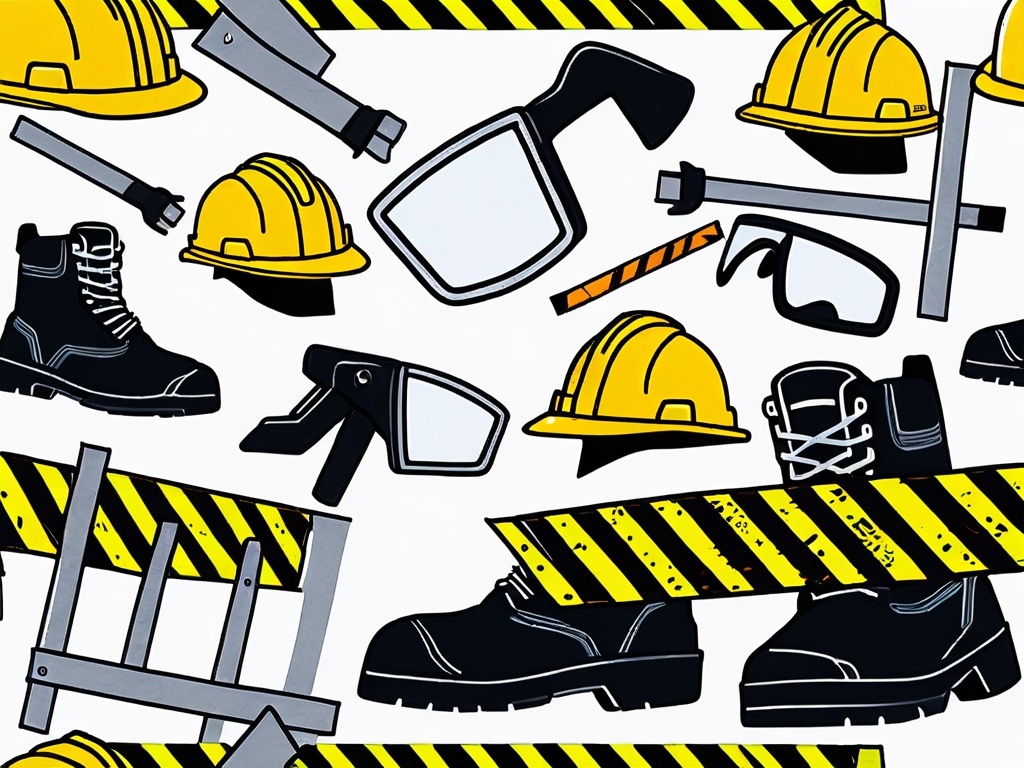
Identifying Common Non-compliance Issues
By closely monitoring safety records, companies can identify recurring patterns or specific areas where compliance is lacking. These issues could include inadequate PPE usage, failure to follow safety protocols, or insufficient training. Identifying the root causes helps develop targeted strategies to address non-compliance effectively.
Steps to Address and Prevent Non-compliance
When non-compliance issues arise, companies should take immediate action. This may involve additional training, revising safety protocols, or implementing disciplinary measures when necessary. Conducting regular audits and inspections can help prevent non-compliance by ensuring ongoing adherence to safety standards.
By prioritizing safety records and compliance, excavation companies can create a safe working environment, protect their employees, and avoid legal liabilities. With proactive strategies and a robust safety record management system, companies can demonstrate their commitment to safety and set a standard for industry-wide best practices.
At JAWS Excavating & Trucking, LLC, we understand the critical importance of maintaining the highest safety standards in the excavation industry. With our commitment to safety, quality, and guaranteed satisfaction, we ensure that every project in the Mid-Michigan area exceeds your expectations. If you're looking for excavation and trucking services that prioritize safety records and compliance, look no further. Call for friendly service & a customized quote 😊 and let us demonstrate our dedication to excellence and integrity on your next project.
INVALUABLE EXPERIENCE
JAWS Excavating & Trucking, LLC
Superior communication
Quality work doesn't get done without excellent project communications.
UNMATCHED integrity
We understand that people do business with folks they trust. That's why we guarantee your satisfaction, every single time.
invaluable Experience
You wouldn't hire a mechanic to do your root canal. With us, you can hire with confidence.
UNMATCHED INTEGRITY
SATISFACTION Guaranteed
